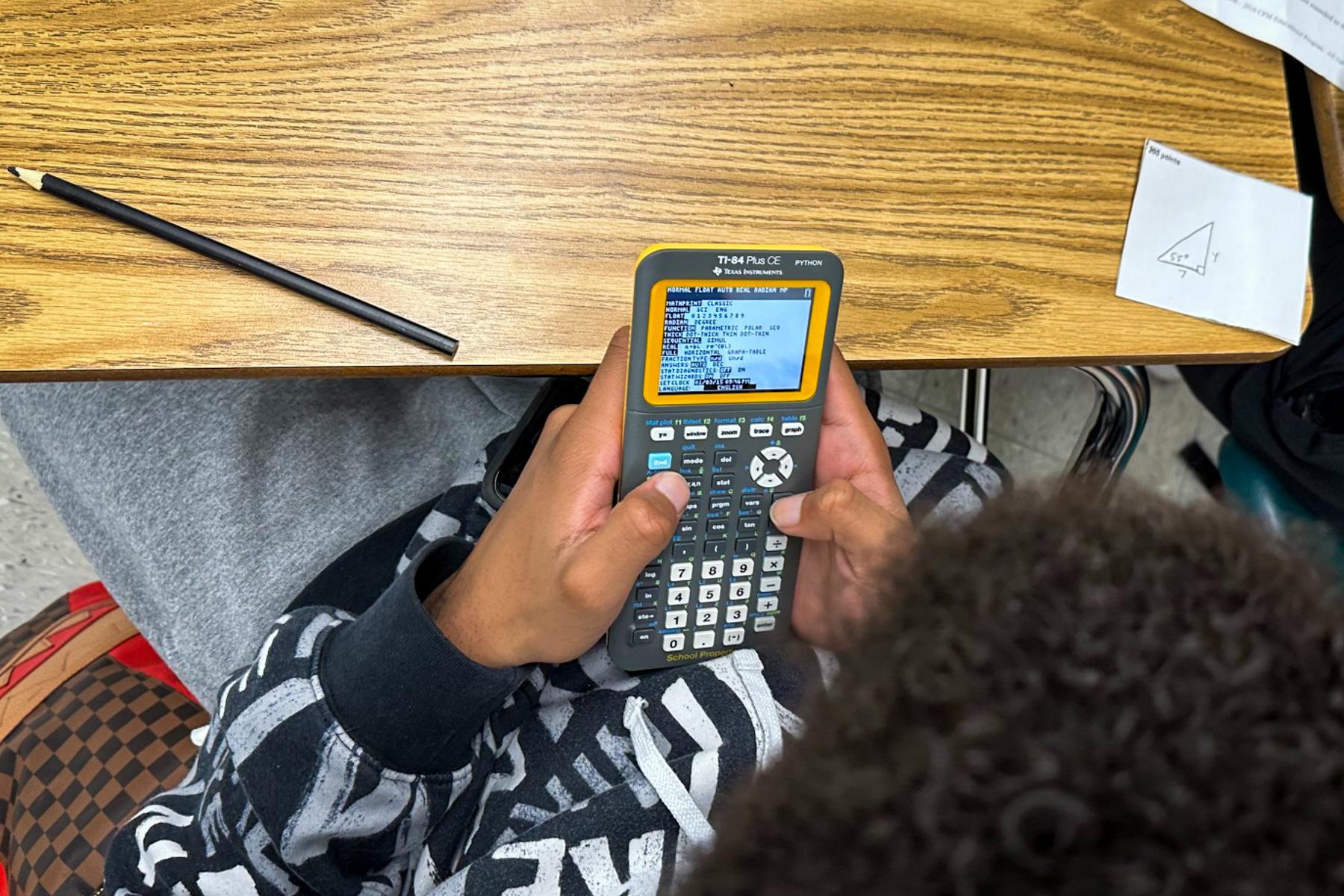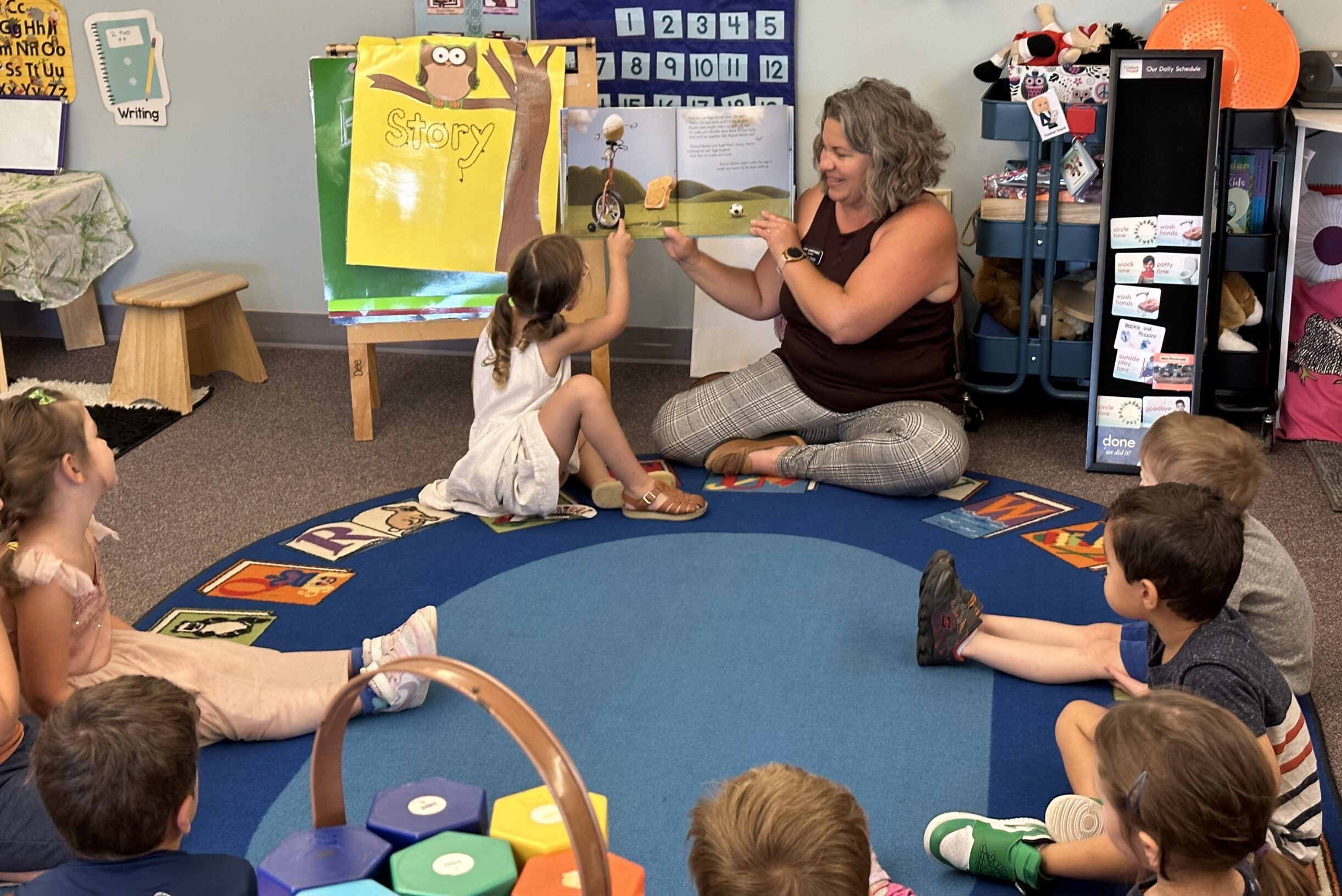
Students! Sharpen your pencils because help for your math homework could be on the way.
Gov. Jared Polis and state lawmakers unveiled a bill Tuesday that aims to reach 50,000 students who are struggling in math. They called the math initiative a historic investment in after-school math tutoring and in training for teachers and parents.
Pandemic-related learning disruptions took a toll on math scores across the state. October assessment scores showed a drop off in math scores across the country including Colorado.
The nation’s “report card” showed the largest decline in students’ math skills ever recorded. Just 28 percent of Colorado eighth-graders were doing math at grade level. That was a 10-point drop. Fourth-graders also saw math proficiency drop to 36 percent of students.
"It's not acceptable that math performance has decreased in Colorado,” said Polis. “We can't keep doing the same thing. We need to change what we're doing with what we know works, with time and quality to improve math performance to make sure Colorado students are ready for success.”
A $28 million proposed package includes:
- $25 million for three-year grants for after-school math and STEM improvement. School districts, Boys and Girls Clubs and other community groups, and individual charter schools could apply for tutoring programs.
- Free optional training for an estimated 36,000 educators in the latest evidence-based math practices. Parents could also tap into training. The Colorado Department of Education would create a free “train the trainer” model and provide technical assistance in math instruction to specifically help small rural districts and for high-quality math curricula. Training would include interventions for students with disabilities, students below grade level and English-language learners.
- Required education preparation programs to train their new teachers in evidence-based math instruction. That includes interventions to help students who are below grade level, children with disabilities and English-language learners.
- Encourage school districts to identify students who are struggling in math, notify parents, and offer interventions to assist with math at home. A targeted focus would be on ninth graders as they transition into high school.
- Require preschool teachers to educate young children in basic early numeracy.
- Purchase a master license for a digital online math accelerator tutoring program that could offer personalized instruction to every elementary and middle school student in Colorado.
While the bill doesn’t go as far as requiring training for teachers like the state’s READ Act law for literacy does, if a district falls onto the state’s watch list it would have to spell out plans on how to improve math instruction.
Math teachers have reported that many students came back from the pandemic two or more years behind in math. Students reported it was hard to focus on math online and some preferred to sleep than try to learn online.
One of the bill’s sponsors, state Sen. Janice Marchman, who is also a middle school math support teacher, said students need to be competent in high algebra so they are ready for higher education and careers from construction to graphic design.
"With all these additional partners and resources, I really truly believe we will be able to make an impact with our math results.”
Also Tuesday, the state rewarded 12 schools that improved math scores from 2019 to 2022 with $50,000 grants to continue progress in math.
Minnequa Elementary Principal Katie Harshman received the award for her Pueblo school, which she said was slated for closure five years ago. She gave teachers high-quality training and focused on personalizing math instruction. Because math is sequential and students learn at significantly different paces, a personalized program in addition to whole classroom instruction can be helpful.
"Every scholar deserves access to high-quality education," she said.
HB23-1231 is expected to be introduced Tuesday.









